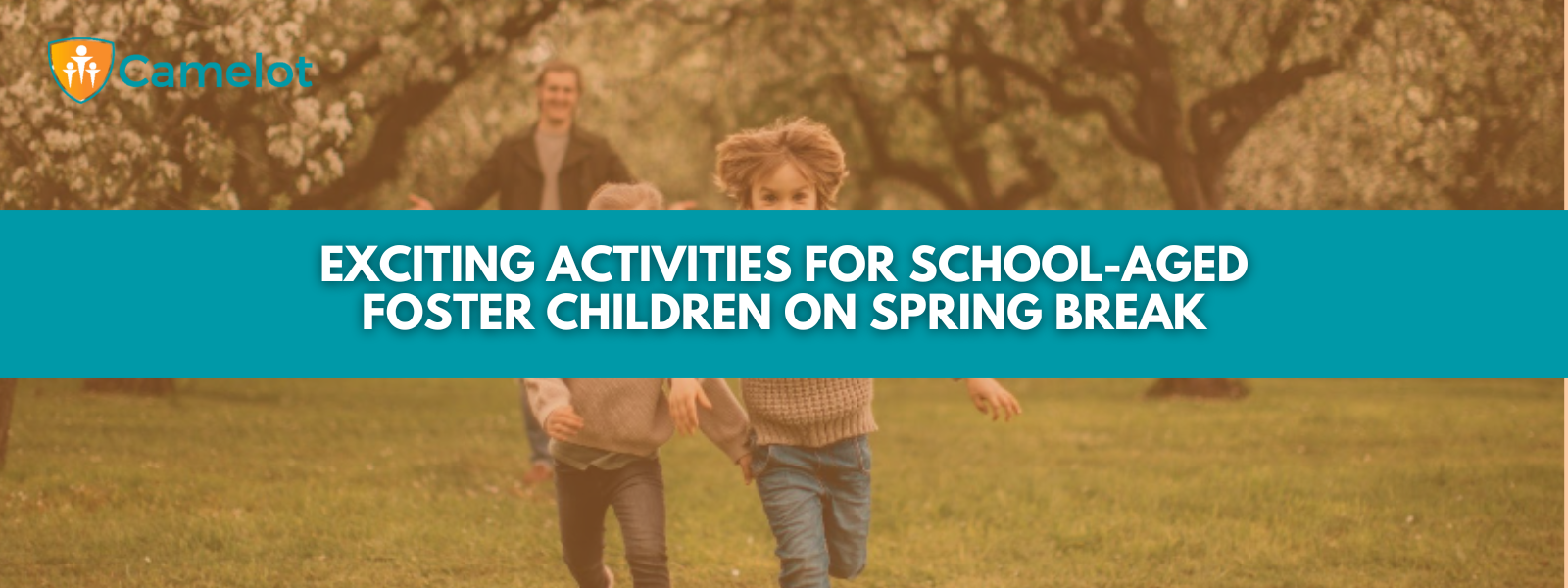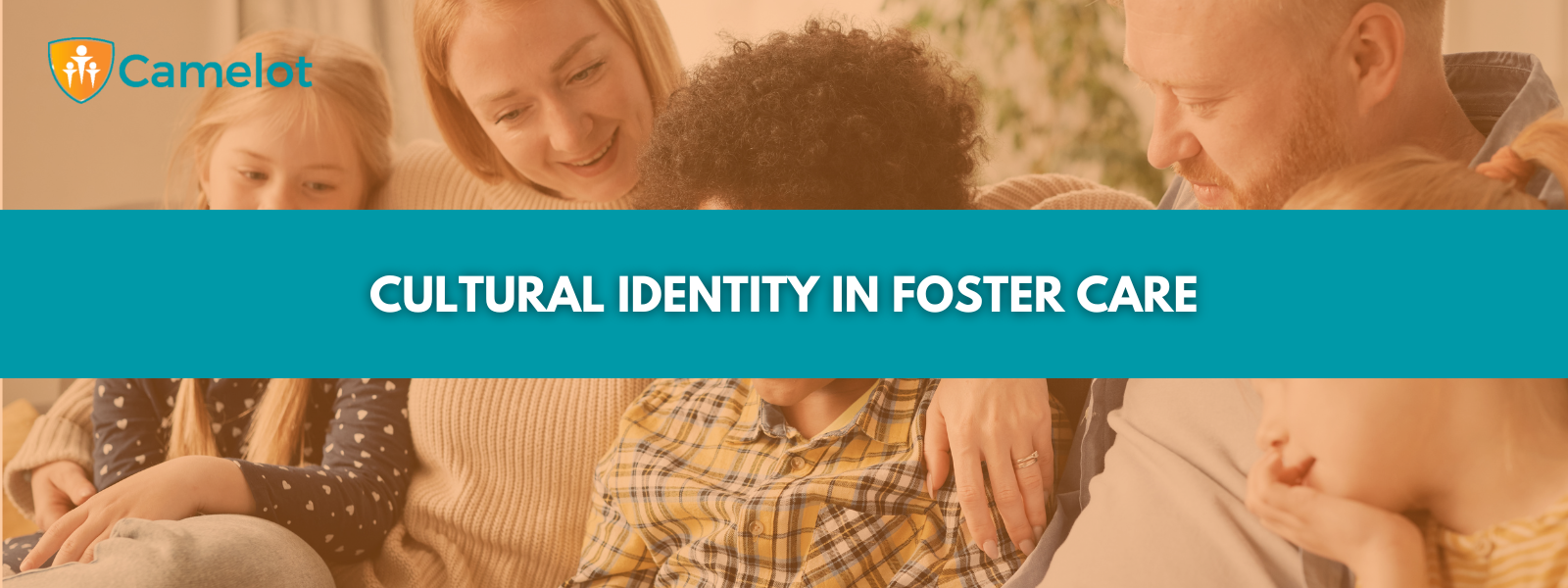Preparing To Be a Foster Parent: Understanding Trauma
Preparing To Be a Foster Parent: Understanding Trauma

Foster parents are nothing less than angels for the children they decide to foster but it takes time, effort, and mutual understanding for the children to realize that. This is because the children go through the trauma of being uprooted from their homes, separated from their brothers, sisters and parents.
Parenting a foster child can be one of the most fulfilling things you can do, but it can also be one of the most challenging. This blog will help you understand the trauma foster children undergo, so you can help your foster child heal and come out of this situation a winner.
What Is a Trauma?
Psychologically speaking, a trauma is a stress response to a major event. Studies suggest that a sizeable percentage of foster children have experienced some form of abuse or neglect, and this can have a profound effect on their development and wellbeing. They may struggle to trust people, to form attachments, and to cope with everyday life. This can lead to behavioral and emotional problems and can make it extremely difficult for them to thrive in a family setting. Foster parents need to be aware of the potential for trauma and be prepared to support their foster children through any difficulties they may face.
What Are the Traumas Faced by Foster Children?
Some stressful major life events or incidents may leave their prints on the impressionable minds of children and have severe effects on them. Given below are the traumas that foster kids could face:
- Loss of Parents Through Death
Loss of one or both parents is a trauma experienced by foster children who are in the system because they were orphaned and no family member to take them in. Foster children often have to deal with the loss of their parents, while often having to fend for themselves until Social Services puts them in the system. This can also lead to depression, and other behavioral problems and mental health issues.
- Abandonment Issues
Foster children often suffer from abandonment issues due to the fact they have been removed from their homes and placed in foster care. This can lead to a feeling of insecurity and a fear of abandonment. Foster children may also suffer from attachment issues and may have difficulty forming attachments to their foster parents or other adults.
- Neglect Due to Parents with Substance Abuse Issues
Foster children often face traumas due to the neglect from their parents. This is especially true for those whose parents (or their partners) have substance abuse issues. The neglect can be physical, emotional, or both. This can lead to a host of problems for the foster children, including developmental issues.
- Incarcerated Parents
This can be a difficult experience for a child, as they may feel abandoned or rejected by their parents. They may also feel guilty, wondering if they could have somehow prevented their parents' incarceration. In addition, they may struggle with the stigma and discrimination that can come with having a parent in prison. This can be a very isolating and lonely experience for a child.
- Witnessing Harm to Near Ones
Foster children often witness harm being done to their loved ones, in the forms of abuse or domestic violence. This can be extremely traumatizing for them and can lead to a host of mental and emotional problems. They may feel guilty, helpless, or even responsible for what happened. This can all take a toll on their self-esteem and sense of worth. It's important to remember that these children are not responsible for the actions of their biological parents and that they need support and understanding to heal from these traumas.
Role of Parents in Helping Children Recover from Traumas
Foster children are traumatized by many different situations. However, there is a way for foster parents to help their children recover from these traumas. Parents should use positive parenting strategies and have patience. The pointers ahead will look at how parents can use positive parenting to help their children recover from the childhood traumas.
- Encourage Them to Speak Up About Their Traumas
Parents can play a vital role in helping their children recover from trauma. It is important for parents to be open and to allow the children to express their feelings. Children who are not allowed to express their feelings, or those who are made to feel ashamed of their feelings and thus repress them, may internalize their trauma. Parents should also encourage their children to participate in activities that they enjoy and that help them to feel good about themselves. This can help children to feel more capable and to begin to rebuild their self-esteem.
- Give Them Time to Move On
When children experience a traumatic event, it is natural for them to feel scared, confused, and overwhelmed. While it is important for parents to provide support and comfort to their children during this time, it is also important to give them the time and space they need to move on.
There is no one-size-fits-all approach to helping children recover from trauma, but giving them time to process their experience in their own way is a crucial part of the healing process. Parents can encourage their children to express their feelings through art, writing, or play, and can provide reassurance and support as they work through their feelings.
It is important to remember that everyone heals at their own pace. With patience, love, and support, children will eventually learn to cope with their trauma and move on with their lives.
- Do Not Let Them Dwell in Past
It is important for parents to not do or say anything that would force their foster children to dwell in the past. Instead, help them move on from the trauma. Parents can do this by helping their children to talk about the trauma to a professional, by providing support and understanding, and by helping them develop emotional awareness and coping skills.
- Spend Time with Them
Trauma can be a difficult thing for children to recover from. They may feel scared, alone, and lost. The best thing parents can do is spend time with them. Just being there for them and listening to them can help them feel better. It is also important for parents to be patient with their children and to let them know that it is okay to feel the way they do.
- Give Them a Safe Environment to Rebuild Their Faith in Adults
When children experience traumas during foster care, it can be a difficult experience. As parents, it is important to provide a safe and supportive environment for your child to heal. Here are some tips to help your child heal from trauma:
● Create a safe and supportive home environment. This includes providing a physically and emotionally safe space for your child to heal in.
● Encourage your child to express their feelings and emotions. This can be done through talking, writing, drawing, or any other creative outlet.
● Give them time to heal. Don’t get impatient with them soon. Even if you’re doing everything right, it may take time for children to unlearn their existing coping mechanisms and learn healthy habits.
● Help your child to develop a support system. This could include family, friends, therapist, or any other trusted adults. This can help them to feel more connected and engaged in the world around them. This can help them take their mind off of the trauma and focus on something else. It can also help them to connect with others and build positive relationships.
● Most importantly, provide love and support to your child. This is essential for helping them to heal and rebuild their faith in the world around them.
- Install Parental Controls on Media Devices
As a parent, it is important to be aware of the media your child is consuming on a daily basis. While educational and recreational media can be a valuable resource, it can also be a source of trauma for children. Exposure to violence, graphic images, and frightening news can further aggravate stress in children. It is important to monitor your child's media consumption and limit their exposure to such content.
- Encourage Physical Activity
Physical activity helps our body release the pent-up energy and emotions that they may be feeling. It can also help to improve their overall mood and sense of well-being, as physical activity helps the brain secrete serotonin and dopamine—both feel-good substances. This can help them lead a normal way of life and get into a good routine.
- Give Them a Balanced Diet
A balanced diet is essential for everyone, but it is especially important for children who are healing from trauma from when they had no caring shoulder. Eating a variety of healthy foods helps children’s bodies to recover from any deficiencies and provides the nutrients they need to grow and develop.
Parents can encourage their children to eat a balanced diet by providing a variety of healthy meals and snacks, and by modelling healthy eating habits themselves. It is also important to offer children food when they are hungry, as this can help to reduce stress, remove any feelings of insecurity, and promote healing.
Final Words
When a child experiences trauma, it can affect their emotional and psychological state. It can affect their ability to cope with stress and interact with others. The impact of trauma in children can last long into adulthood unless they get the necessary help in time. But we are here to help you take care of your child in the best way possible. Contact us at Camelot Care Centers of Tennessee to help your foster child blossom into a well-rounded individual.

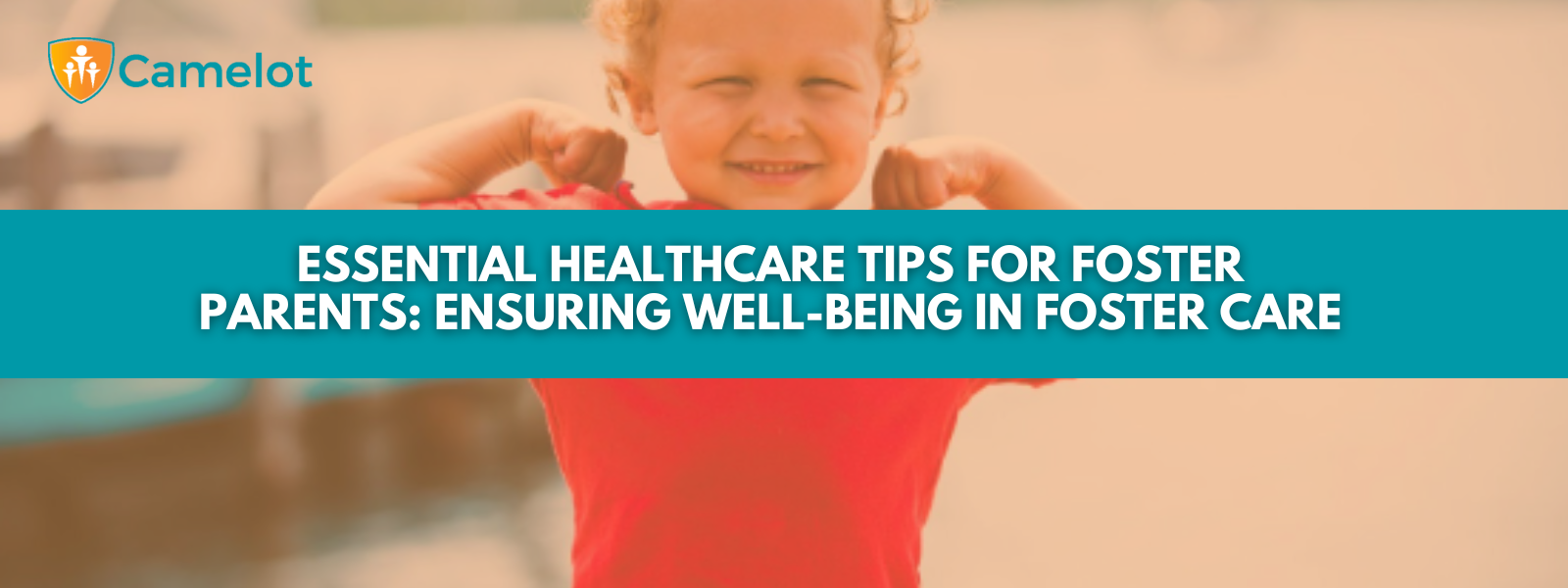
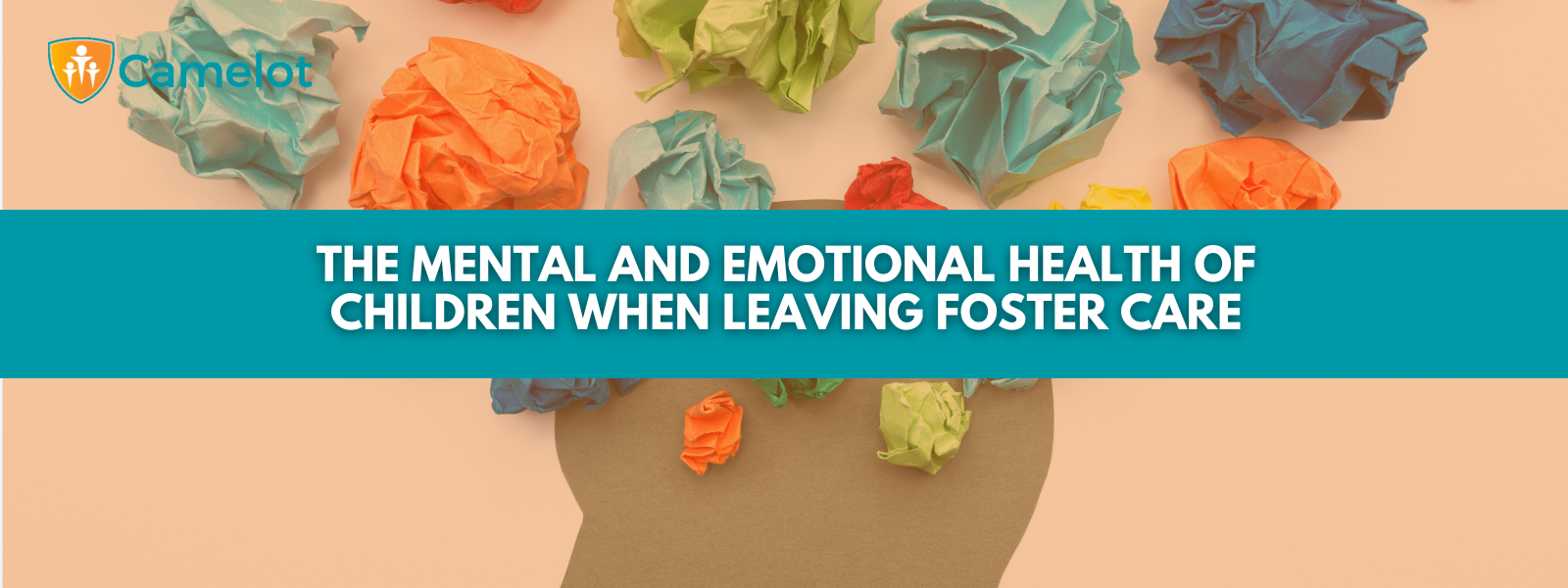
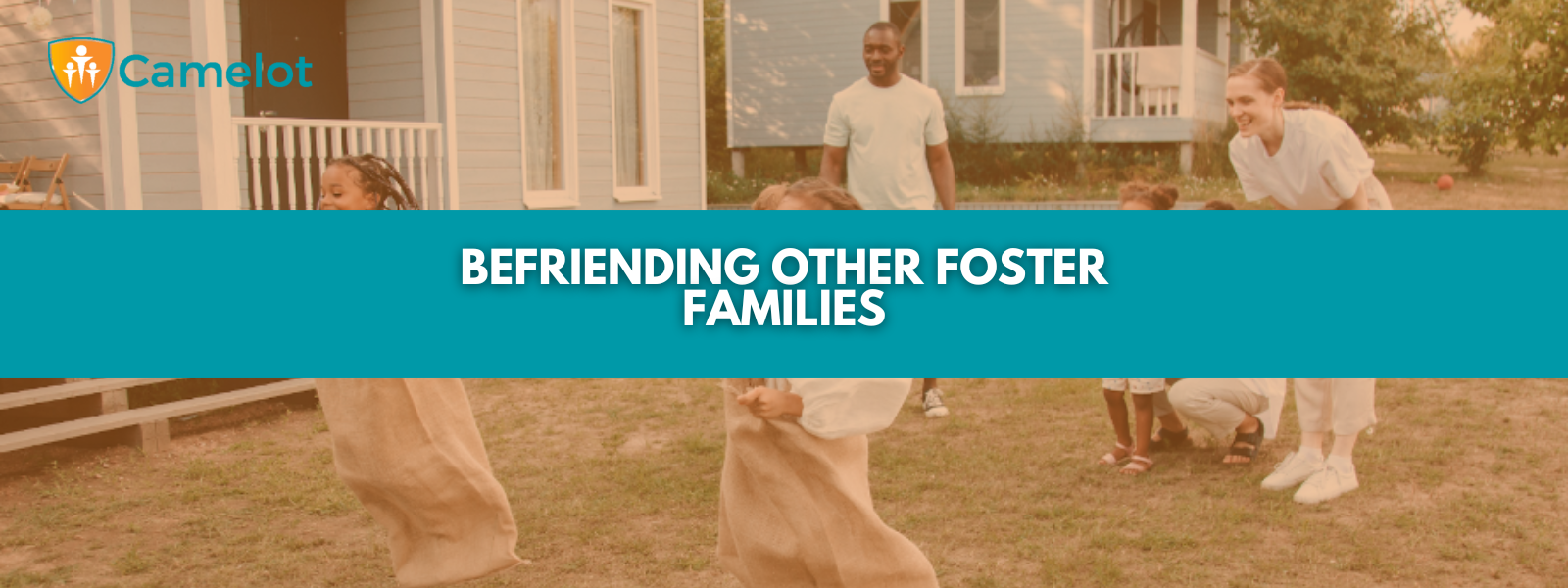

Camelot Care Centers

